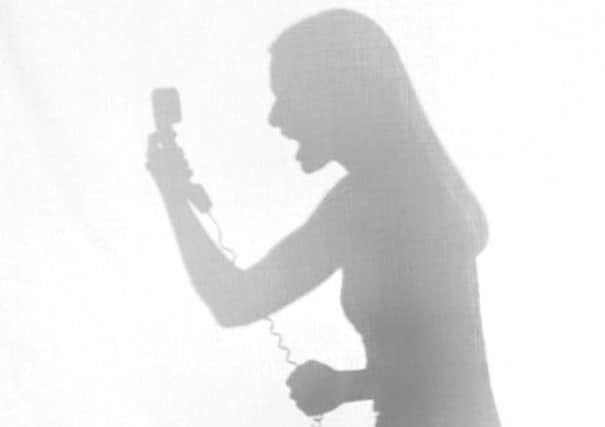How to dial premium-rate numbers at normal prices


Criminal proceeds from this so-called “vishing” scam are said to have increased by £36 million in the last year alone, so the advice to never hand over any sensitive information, either on the phone or online, is timely.
But serious as it is, £36 million is a drop in the ocean compared to the perfectly legal profiteering that goes on in the telecoms industry itself, from the farming out of premium rate numbers to commercial call centres and public utilities. It can cost up to 50p per minute to call some of these numbers and the myriad of different codes means it’s hard to spot the most expensive ones.
Advertisement
Hide AdAdvertisement
Hide AdVirtually every large organisation now uses these 08 numbers in preference to regular ones, and it’s easy to see why... they’re entitled to a cut of the revenue. The longer they keep you on hold, the more they profit.
In the public sector, HM Revenue and Customs – as if they don’t get enough of your cash already – is among the worst offenders, with the cost to taxpayers of waiting for calls to be answered and being put on hold estimated by the National Audit Office to be £103 million.
Worse yet, premium rate calls mostly fall outside any inclusive monthly allowance from your phone company, and even numbers you assume to be free, such as those beginning with 0800, are chargeable if you call from your mobile.
But it is possible to take back control of your calls – because, though the industry prefers you not to know it, most premium-rate numbers are just fronts for regular ones. Normal-rate codes begin with 01, 02 and, as of recently, 03 – and you can nearly always find one to replace the 08 number you’ve been given.
Advertisement
Hide AdAdvertisement
Hide AdStart by checking if the organisation you’re calling advertises a separate number to be used when phoning from abroad. This will begin with the international code for the UK, +44 – but there is nothing to stop you using it from home, substituting the +44 for a zero; it won’t be charged as international.
And make a point of checking the website saynoto0870.com, which lists thousands of standard-rate alternative numbers. Just enter the company name or the 08 number you’ve been given into the search box; the cost saving could be considerable and you might also skip some of the interminable call centre “holding” announcements.
As for those “vishing” calls, the best advice is the same as for every other nuisance number... say nothing and hang up.